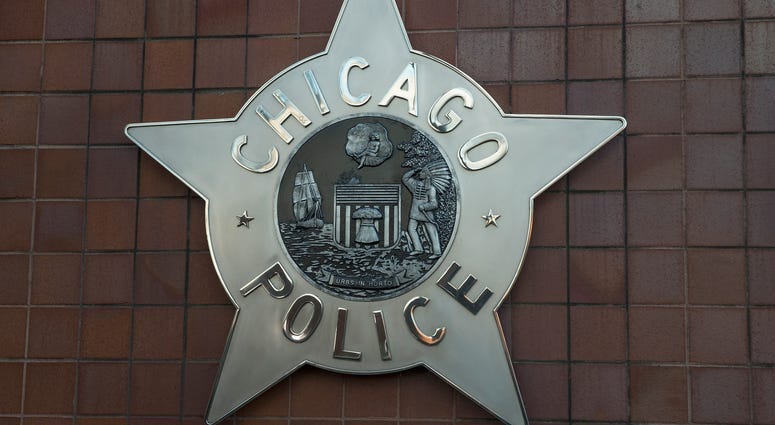
CHICAGO (WBBM NEWSRADIO/AP) -- Chicago’s Inspector General said Thursday that officials who are supposed to investigate complaints of police misconduct drop more of those investigations than they should, due to lacking sworn testimony even when other suitable evidence, like 911 audio, was available.
Inspector General Joe Ferguson’s 62-page report found investigations conducted in 2017 and 2018 by the Chicago Police Department and the Civilian Office of Police Accountability often ended prematurely and improperly for lacking signed affidavits even “when there was objective, verifiable evidence” that could be used instead.
Typically when someone files a complaint against police, state law requires the accuser to sign an affidavit. But that requirement can be waived, called an affidavit override, particularly if there’s other evidence like a police report, video or medical records. The override requests are most common with domestic abuse or excessive force allegations.
“The override process if used as designed, is an effective tool for ensuring that police misconduct is meaningfully investigated,” the report said. It later went on to say: “Historically, however, the process has been underused and perhaps poorly understood.”
The inspector general looked at outcomes of 8,602 complaints filed against police in 2017 and 2018, saying that would allow ample time for study as investigations can take years. Of the 3,678 that made it to the final investigative stage, 2,290 or roughly 62%, were closed for lacking an affidavit.
The report recommended more training on the process involving affidavit overrides and new policies.
Civilian Office of Police Accountability spokesman Ephraim Eaddy said the organization has updated its practices since the years covered by the report and would further change policies as warranted.
“COPA has matured significantly as an organization during the past two years which is reflected in the increased rate of cases closed following a full investigation since 2019,” Eaddy said in a statement.
Mayor Lori Lightfoot said Thursday at an unrelated news conference with Police Superintendent David Brown that she hadn’t yet read the report, but that investigating agencies must take appropriate action.
The Mayor agreed with the IG that if there’s corroborating evidence the rules allow for the investigation to go forward - but they often don't.
"I've had multiple conversations with Sydney Roberts of COPA. That needs to be exercised in the appropriate case," Lightfoot said. "If someone makes a complaint and there is corroborating evidence, even if a person doesn't sign an affidavit, which there's lot of reasons why that might not happen, and it doesn't mean the person's complaint isn't real, then COPA or IAD has an absolute obligation to move forward."
She said there can be many reasons why someone’s unwilling to sign a complaint against an officer. That doesn’t mean the complaint is wrong.
Brown didn’t address the issue.
(WBBM Newsradio and The Associated Press contributed to this copy.)

